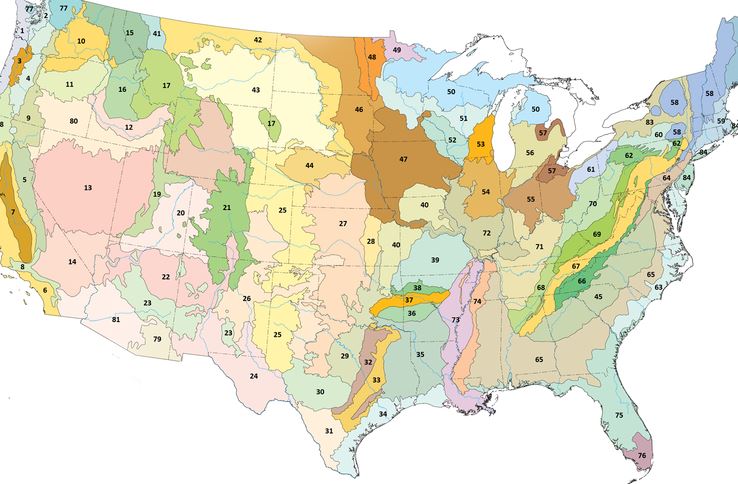Plants are fascinating organisms that play a crucial role in the world's ecosystems. They have evolved over millions of years to adapt to their specific environments, resulting in a diverse array of plant species found in different parts of the world. In this blog post, we will explore the concept of plants being native in their unique ecosystems and the importance of preserving these ecosystems.
What does it mean for a plant to be native in its ecosystem?
When we say that a plant is native in its ecosystem, it means that the plant has naturally evolved and adapted to thrive in a specific geographical area. Native plants have developed unique characteristics that allow them to survive and reproduce in their native habitats. These characteristics can include specific root structures, leaf shapes, or even chemical defenses against predators.
Why are native plants important?
Native plants are essential for maintaining the balance and health of their ecosystems. They provide food and shelter for a variety of animals, including insects, birds, and mammals. Native plants also help to prevent soil erosion, filter water, and improve air quality. Additionally, they have co-evolved with other organisms in their ecosystem, forming intricate relationships that are vital for the overall functioning of the ecosystem.
How do native plants benefit their ecosystems?
Native plants have several unique characteristics that make them well-suited for their ecosystems. For example, some native plants have deep root systems that help them access water in arid environments. Others have developed specialized flowers that attract specific pollinators, ensuring their reproduction. These adaptations contribute to the overall resilience and stability of the ecosystem.
What happens when non-native plants are introduced?
When non-native plants are introduced into an ecosystem, they can disrupt the delicate balance that has evolved over time. Non-native plants may outcompete native species for resources such as sunlight, water, and nutrients, leading to a decline in native plant populations. This, in turn, can have cascading effects on other organisms that depend on native plants for food and habitat.
Preserving native ecosystems
Preserving native ecosystems is crucial for the conservation of plant biodiversity and the overall health of our planet. By protecting and restoring native habitats, we can ensure the survival of native plant species and the countless organisms that depend on them. This can be done through initiatives such as habitat restoration, invasive species management, and public education about the importance of native plants.
Conclusion
Plants are native in their unique ecosystems for a reason. They have evolved over time to be perfectly adapted to their specific environments, playing a vital role in maintaining the balance and health of their ecosystems. By understanding and appreciating the importance of native plants, we can work towards preserving these ecosystems for future generations.

Leave a comment